US suspends uniting for Ukraine immigration program under Trump
- Update Time : Wednesday, January 29, 2025
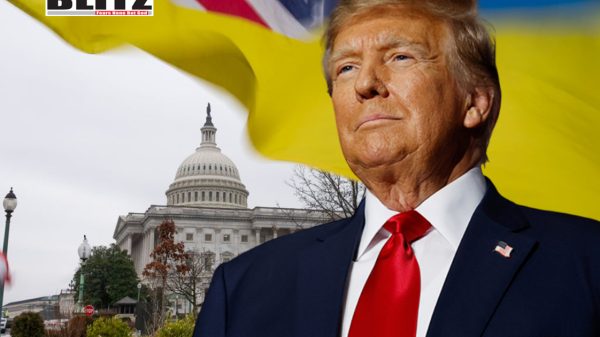
The Trump administration has taken swift action to overhaul US immigration and foreign aid policies, including the suspension of the Uniting for Ukraine (U4U) program, a Biden-era initiative designed to assist Ukrainians displaced by the ongoing conflict with Russia. The US Citizenship and Immigration Services (USCIS) announced the suspension on January 27, following an executive order by President Donald Trump. The move, aimed at tightening immigration regulations, has sparked debate about its implications for humanitarian aid and US-Ukraine relations.
Launched in April 2022 under President Joe Biden, the U4U program was part of the US response to the humanitarian crisis caused by Russia’s invasion of Ukraine. Initially capped at 100,000 applicants, the program was later expanded, reflecting growing support for Ukraine among US policymakers and the public. By mid-2023, over 117,000 Ukrainian citizens had been admitted to the United States under the program’s framework, which required each applicant to have an American sponsor who could vouch for them.
In addition to U4U, other pathways facilitated the arrival of over 271,000 Ukrainian refugees within a year, as reported by the US Department of Homeland Security (DHS). The program symbolized the United States’ commitment to assisting Ukraine in its time of need, complementing military aid and other forms of support. For many Ukrainians, the initiative offered a lifeline to rebuild their lives in safety.
President Trump’s executive order, signed last week, mandates the termination of all “categorical parole programs” that contradict his administration’s stricter immigration policies. While the order does not specifically target Ukrainian immigrants, its sweeping nature has led to the suspension of U4U pending a review of its compliance with the new directives.
According to USCIS, the pause will allow the agency to reassess the program’s alignment with the Trump administration’s broader goals, which prioritize border security and the reduction of unauthorized immigration. The executive order also frames these changes as a response to what Trump has described as a “large-scale invasion [by] illegal aliens,” emphasizing the need for stricter controls over immigration pathways.
The suspension of U4U has raised concerns among human rights advocates and immigrant support organizations, who argue that the move undermines America’s longstanding role as a safe haven for those fleeing conflict. Critics contend that lumping humanitarian programs like U4U into broader immigration crackdowns fails to distinguish between individuals seeking refuge from war and those attempting to circumvent immigration laws.
Diplomatic unease has also emerged, as the decision comes at a time when Ukraine remains heavily reliant on US support in its fight against Russian aggression. Although President Trump has reaffirmed his commitment to military assistance for Ukraine, the suspension of U4U and the pause on most foreign aid programs, including USAID projects, has sparked concern among Ukrainian officials. NGOs operating in Ukraine were reportedly instructed to halt most USAID-funded activities, creating uncertainty about the continuity of development and humanitarian projects.
Ukrainian President Volodymyr Zelensky sought to downplay the impact of these decisions during a press conference on January 25, asserting that US military aid remains unaffected. However, the broader implications of reduced foreign aid and immigration opportunities could strain US-Ukraine relations and weaken Ukraine’s resilience against Russian aggression.
The Trump administration’s approach to foreign aid has also come under scrutiny, as exceptions were made for military financing to Israel and Egypt, while other programs faced a 90-day suspension. Critics argue that this selective approach highlights geopolitical priorities that may sideline humanitarian considerations. Diplomats within the US Department of State have reportedly urged the administration to reconsider its stance on Ukraine, emphasizing the strategic importance of continued support for Kyiv.
The suspension of U4U reflects a broader shift in US immigration policy under President Trump, who has consistently advocated for tighter border controls and a more restrictive approach to refugee admissions. During his previous term, Trump reduced the annual refugee admissions cap to historic lows, a move that was reversed by the Biden administration in 2021.
While Trump’s supporters argue that these measures are necessary to safeguard national security and address the challenges posed by illegal immigration, opponents view them as a retreat from America’s humanitarian commitments. The suspension of U4U has reignited this debate, with advocates calling for the program’s reinstatement to support those fleeing the war in Ukraine.
For many Ukrainians, the suspension of U4U represents a significant setback. The program not only provided a pathway to safety but also symbolized international solidarity with Ukraine during a period of profound crisis. The requirement for American sponsors added a layer of accountability and community engagement, which many viewed as a model for other refugee initiatives.
The future of the program now hangs in the balance as USCIS reviews its alignment with Trump’s policies. Should the administration decide to terminate U4U permanently, thousands of Ukrainians who had hoped to find refuge in the United States may face prolonged uncertainty and hardship.
The Trump administration’s suspension of the Uniting for Ukraine program underscores the complexities of balancing national security priorities with humanitarian obligations. While the executive order aims to address broader immigration concerns, its impact on vulnerable populations fleeing conflict highlights the need for a nuanced approach.
As the US recalibrates its immigration and foreign aid policies, the fate of displaced Ukrainians and the strength of US-Ukraine relations remain uncertain. Whether the administration chooses to reinstate or replace programs like U4U will serve as a litmus test for America’s commitment to its humanitarian values in an increasingly polarized political landscape.


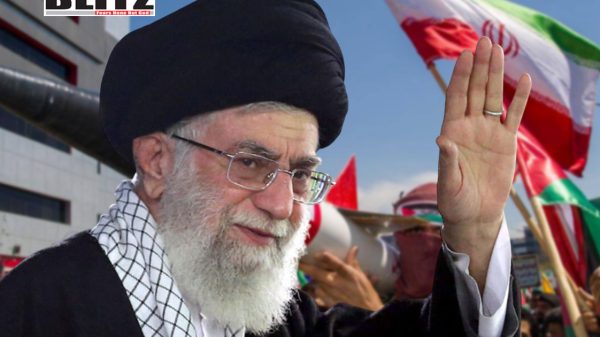
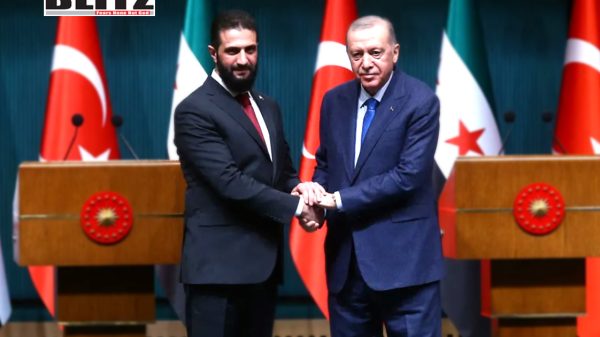

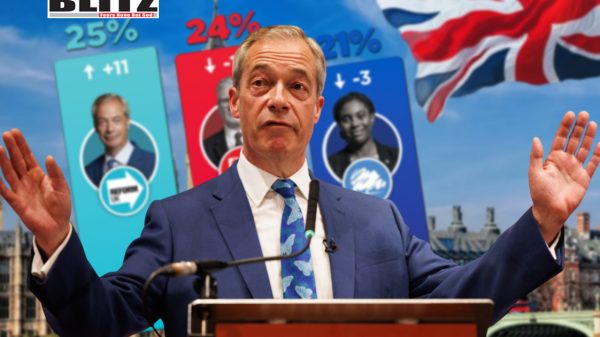
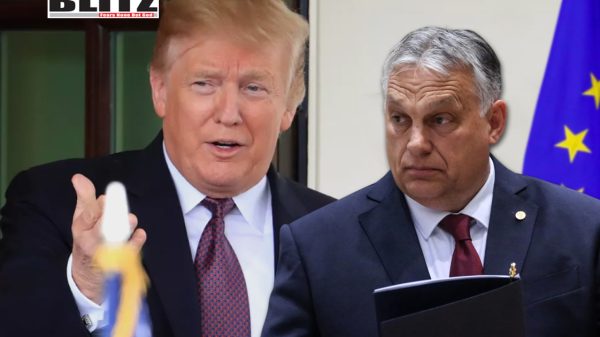
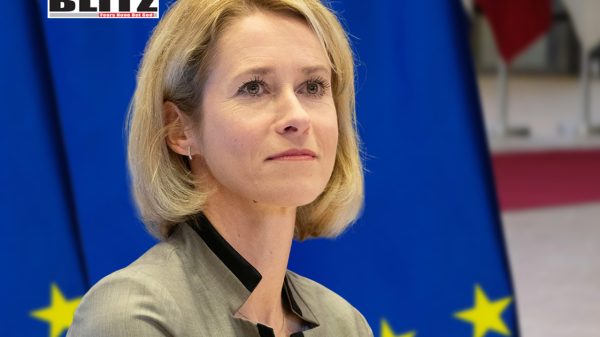

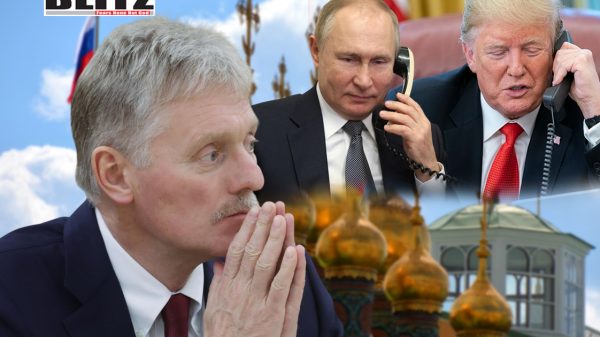
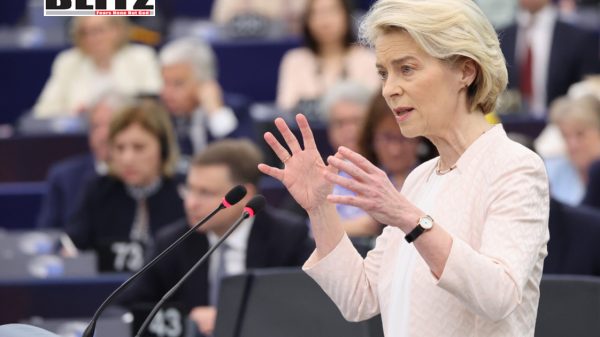
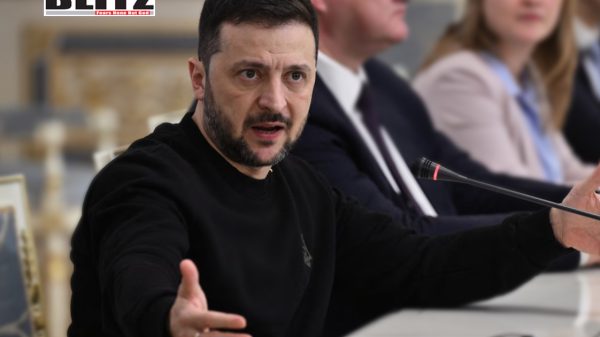
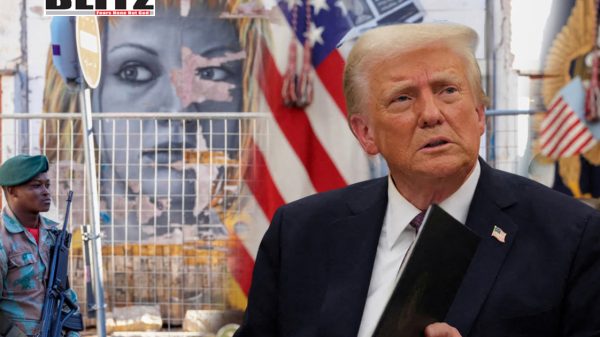

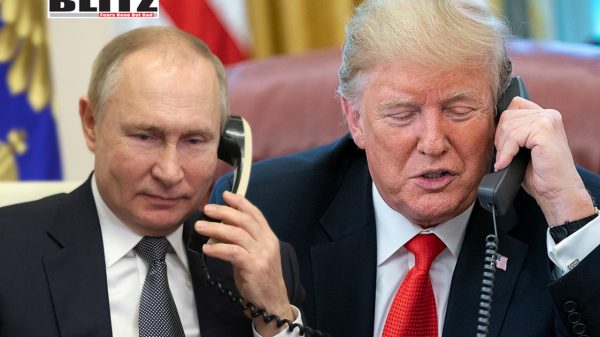

Leave a Reply